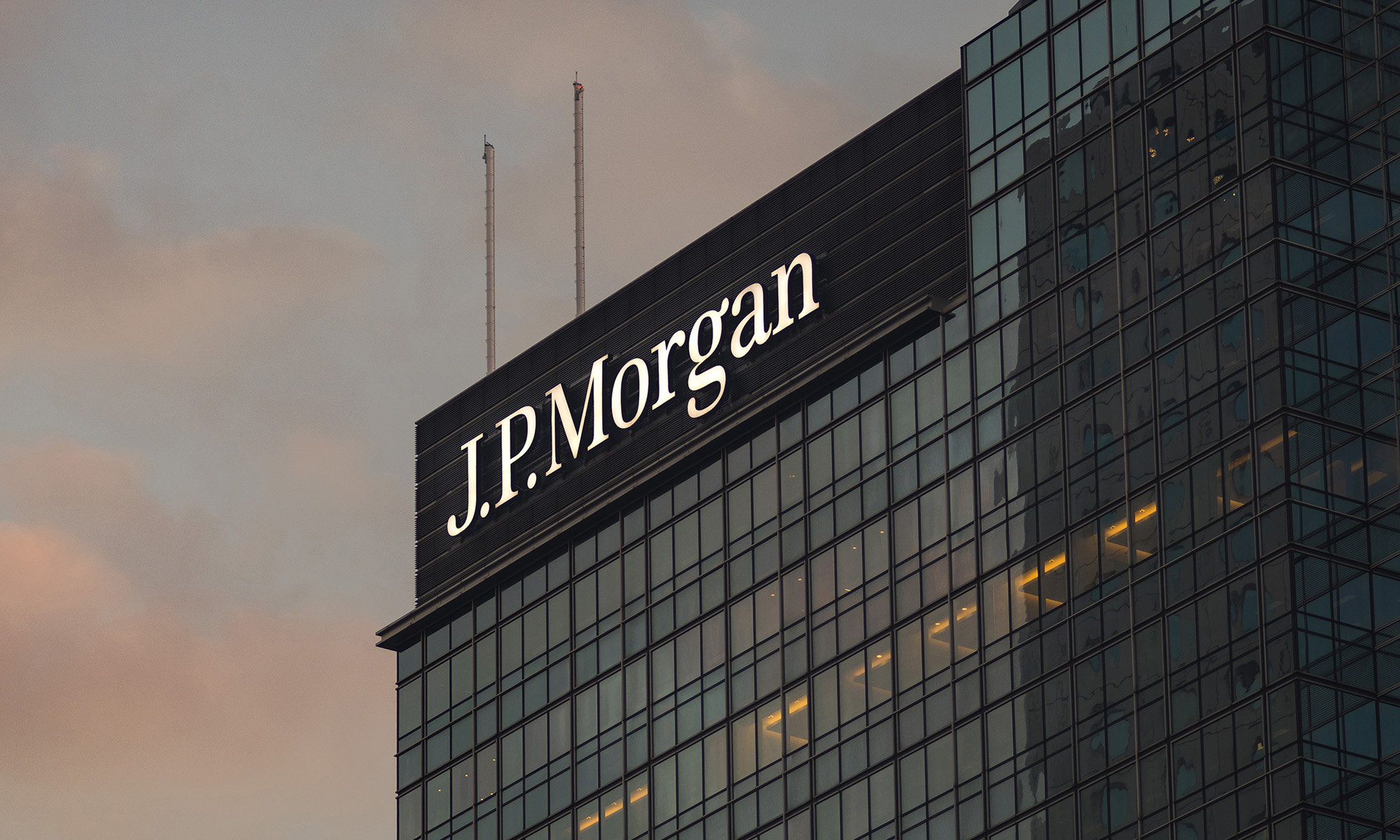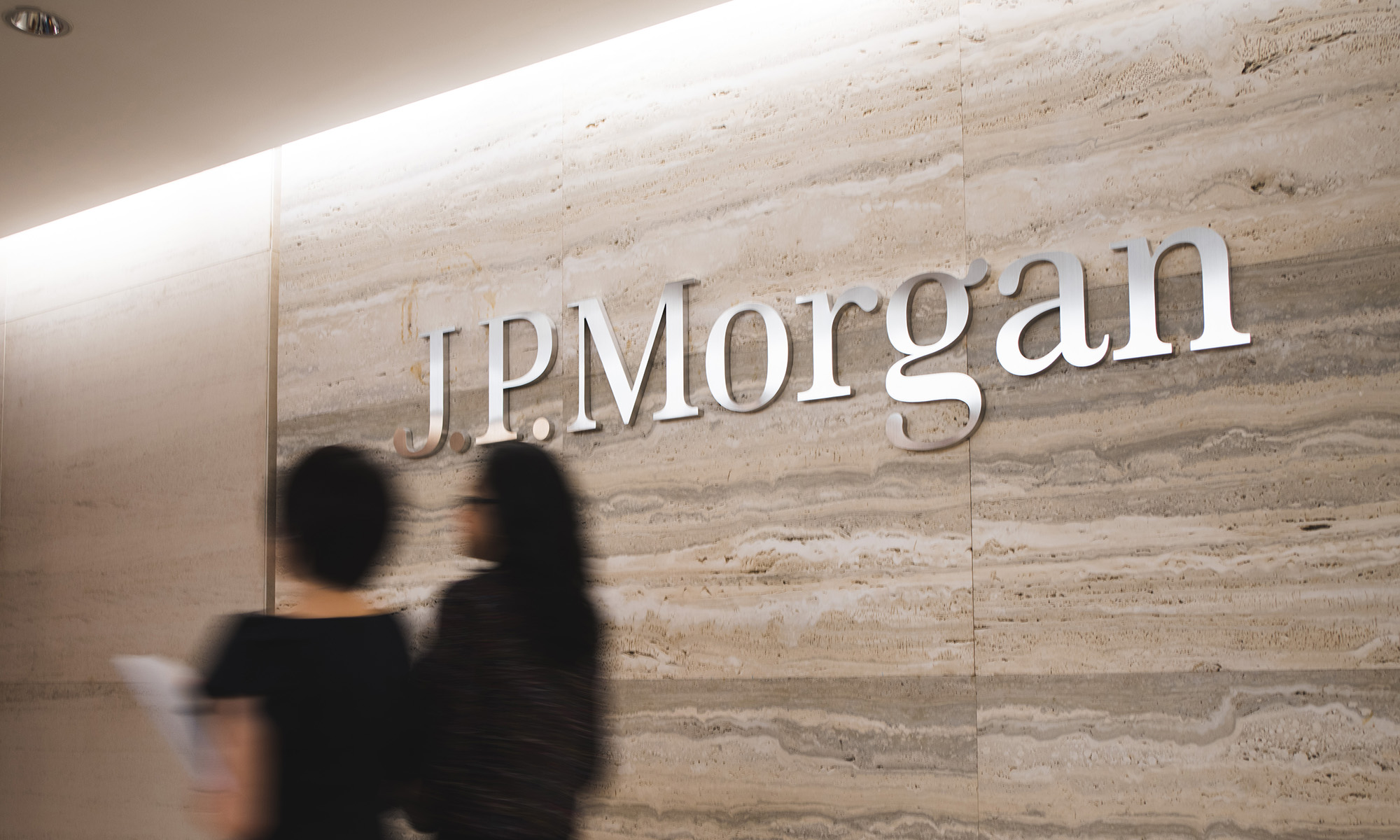
Warren Buffett, the chairman and CEO of Berkshire Hathaway. Image source: The Motley Fool.
The average bank stock owned by Berkshire Hathaway (NYSE: BRK-A) (NYSE: BRK-B) trades for 2.6 times tangible book value. That's a third higher than the average blue-chip bank stock on the KBW Bank Index, which trades for 2.0 times tangible book value.
One way to explain this is that Warren Buffett, the chairman and CEO of Berkshire Hathaway, has an eye for great bank stocks. He's piled Berkshire's money into the most profitable banks in the country, including Wells Fargo (WFC 0.70%), U.S. Bancorp (USB +0.83%), and M&T Bank (MTB +0.00%).
|
Bank |
Current Value of Berkshire's Holding |
|---|---|
|
Wells Fargo |
$26.4 billion |
|
Bank of America* |
$10.6 billion |
|
U.S. Bancorp |
$4.4 billion |
|
Goldman Sachs** |
$2.6 billion |
|
Bank of New York Mellon |
$1.0 billion |
|
M&T Bank |
$842 million |
*Berkshire owns warrants to purchase 700 million shares of Bank of America stock for $7.14 per share at any time before Sept. 2021. **Because Goldman Sachs is an investment bank, as opposed to a commercial bank, its valuation was excluded from the average of Berkshire's other bank stocks. Data source: CNBC's Berkshire Hathaway's Portfolio Tracker and YCharts.com.
"Banking is a very good business unless you do dumb things," he told Fortune in 2009. "You don't have to be a rocket scientist when your raw material cost is less than 1.5%." Buffett's referring to the fact that banks are able to borrow from depositors for next to nothing and then invest the funds into higher-yielding assets like loans and government securities.
Yet, Buffett's ability to identify great bank stocks is only part of the explanation. Indeed, after he invests in a bank, the bank itself may benefit from its association with the Oracle of Omaha.
This struck me when I was reading an American Banker article from 2011 that delved into the extraordinary performance of M&T Bank over the past three-plus decades. "Having investors, like Buffett, that take the long view helps M&T do the same," wrote Matthew Monks. "It is willing to make decisions that hurt profits now but pay off later."
A textbook example was Wells Fargo's decision in the lead-up to the financial crisis to avoid the most toxic corners of the subprime mortgage market and, by doing so, temporarily relinquishing market share. As Wells Fargo's chairman and CEO wrote in 2008:
Our company maintained its credit risk discipline reasonably well during the years of excessive risk taking in our industry. Unlike many of our competitors, we did not make option adjustable-rate mortgages.... We did not make negative-amortization ARMs. We offered in only a very few instances, below certain credit scores, stated-income mortgages and low- and no-documentation mortgages. Because of our prudent lending to customers with less than prime credit and our decision not to make negative amortization loans, we estimate we lost between two and four percent in mortgage origination market share from 2004 to 2006. That translates into losing between $60 billion and $120 billion in mortgage originations in 2006 alone. We're glad we did.
It's clear now that this was the right thing to do, but investors at the time didn't have the benefit of hindsight and were therefore pushing banks to take on more risk at the worst possible time.
In 2006, for example, two years before the financial crisis struck with full force, analysts and investors gave JPMorgan Chase (JPM +1.04%) CEO Jamie Dimon an enormous amount of flak after it throttled production of derivatives tied to subprime mortgages -- the same derivatives that later drove so many of JPMorgan Chase's peers to the brink of bankruptcy. JPMorgan Chase wasn't a Berkshire holding, though Buffett has always spoken highly of Dimon and is a personal investor in the New York-based bank.
It's impossible to say with complete certainty whether Buffett's stamp of approval is what allows the likes of Wells Fargo, U.S. Bancorp, and M&T Bank to focus on maximizing long-term returns or whether Buffett just picks banks that otherwise do so. But it's certainly consistent with the fact that the bank stocks in Berkshire Hathaway's portfolio tend to trade for substantial premiums to other bank stocks.











